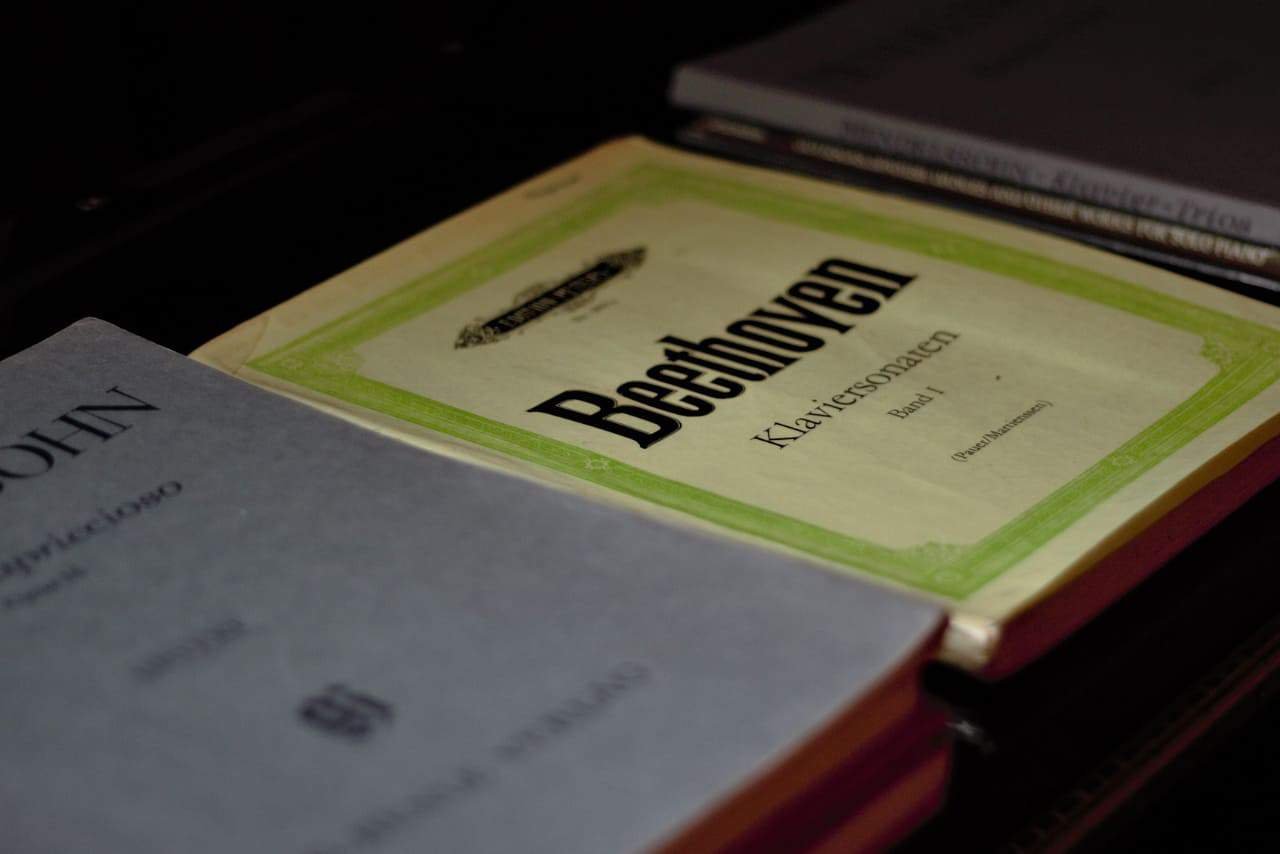Beethoven, Brahms or Mozart?… why this question matters to everyone
A question sometimes posed at music college auditions to budding young musicians is ‘who is your favourite composer?’ There’s no wrong or right answer here, as it’s always going to be a matter of personal taste. However, the manner in which that question is answered can give a good indication of a young person’s dedication and passion for embarking on the route to what can be a very competitive and challenging profession. It may also be an indication of how interesting and rewarding a career they might lead in the future.
The ‘interview question’
In other walks of life, questions of a parallel nature can sometimes be posed at interviews. For example: ‘What aspect of this career do you like the most?’ ‘What are the best skills that you can bring to this job? ’.
Thinking in that way can focus the mind on what you enjoy doing the most. In a way, it leans towards what we perceive to be our ‘specialist skills’. And imagining that we can do a job where we can focus on those ‘specialist skills’ and play to our strengths can be appealing, just as being able to choose our favourite cake over another in a bakery can!
As people progress through their careers, these kinds of questions can re-appear in different guises, re-focussing the mind on what skills a person can bring to a specific table. However, there is a potential danger with only pursuing a path to a single specialism. We may end up playing only Beethoven, but no Brahms or Mozart. However, does that really matter?
Avoiding a stale career
The musical analogy here is not only that playing a varied diet of music keeps performers fresh, but also that continuing to play music by the key composers from history refocuses the mind on fundamentally important aspects of musical technique, which are crucial to maintaining good performance skills.
Of course there are some musicians who specialise in different types of music to an extent, but building a wide musical knowledge throughout a music career enables a performer to understand and perform a piece of music in a more informed, imaginative and creative way. Essentially, to be able to bring more life to the stage. Otherwise, a career may very quickly become stale and tedious.
The comfort zone
In applying this musical analogy to other walks of life, we may dip our toes into different subject matters and areas, but it can become easy to settle into a particular area of work or business and focus on that without dipping our toes back into other areas or trying new things. Whilst performing our role may then appear to become comfortable, does that really allow us to be as informed, imaginative and creative in our roles as possible and get the most out of them?
There can be a perception that if we don’t specialise, then we can never be perceived as a ‘specialist’ or become an ‘expert’ in our field. As such, there can be an associated fear that stepping out of, or away from, a ‘specialism’, means that we either lose our ‘expert’ tag or will never attain it.
Going back to your roots
However as with the musician who maintains a regular diet of different music, by stepping back from a specific area from time to time, it allows a person to check that their foundations are solid and where they aren’t, allows appropriate rebuilding to take place. That in itself builds a more resilient and stable structure to grow a more interesting and varied career from. It can also make people more adaptable to new situations and be trusted to take on new and diverse challenges.
For those who choose to only play Beethoven, there is nothing wrong with enjoying one composer and playing only that music. However, if you wake up one morning and Beethoven has gone out of fashion, or you find yourself unable to play his music, that may leave a very difficult void to fill if you can play neither Mozart, nor Brahms or you haven’t played them for many years.
For that very reason, considering the question ‘Beethoven, Brahms or Mozart?’ on a regular basis and answering it appropriately, may help in building a more stable, varied, interesting and rewarding career.








